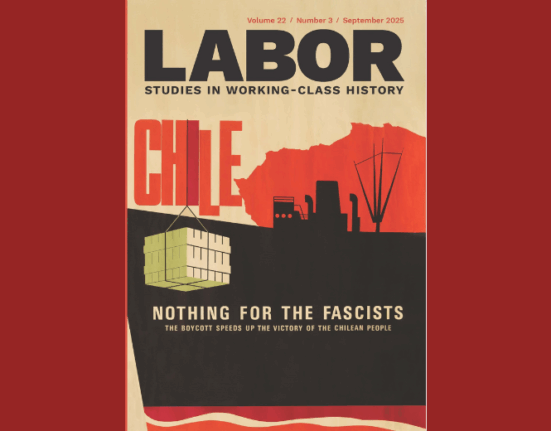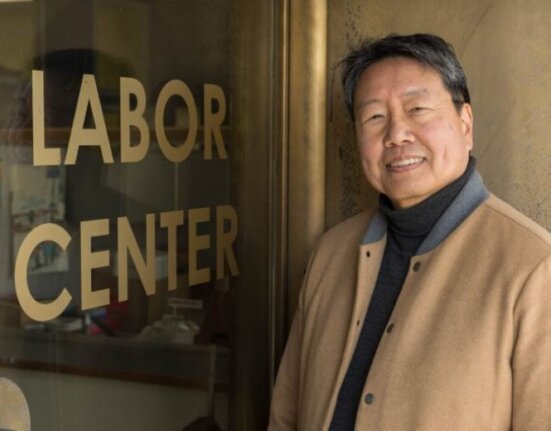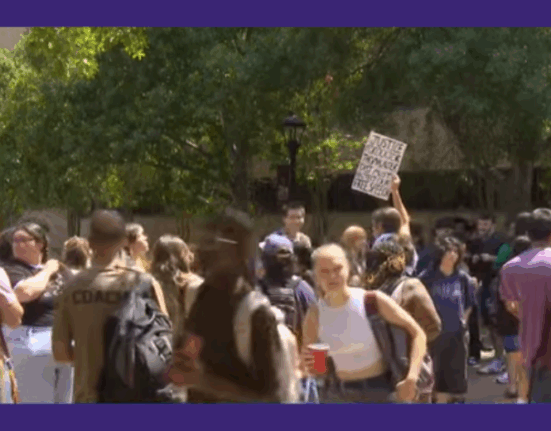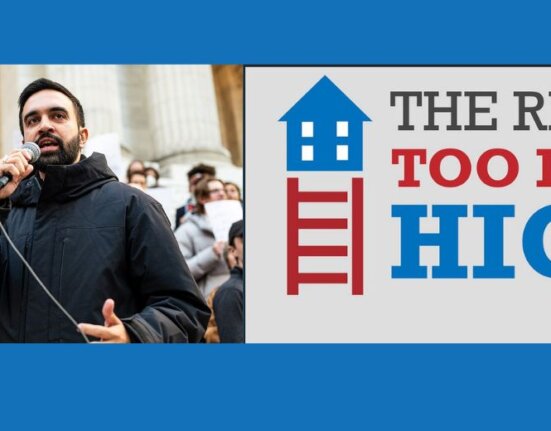Historians and activists gathered at the Murphy Institute on Friday, January 2nd for a LAWCHA event: “From the Frontlines with New York Labor: What Is Working?” CUNY professor Josh Freeman chaired a lively discussion featuring three organizers who suggested creative solutions to some of the serious challenges labor faces.
Ed Ott, for many years the director of the New York City Labor Council, argued that there is no single way to organize. He highlighted creative initiatives such as small-scale workers’ centers and the Taxi Workers Alliance. Although the rate of union density in New York City remains relatively high, there are still challenges: the disconnect between the labor movement and the city’s working class; the threat of court cases undermining public sector unionism; and the general disarray of the Left.
One in nine private sector workers in the city work in retail. Sasha Hammad, director of the Retail Action Project (RAP) a membership organization that began as a union-sponsored community campaign, described efforts to build a base across multiple chain stores such as Zara. RAP has focused on issues of pay and scheduling, but has to contend with high turnover among retail workers, and the fact that because they are not a union they do not have rights to collective bargaining.
Bob Master, a co-chair of the Working Families Party and a leader of the Communications Workers of America characterized the current moment as one of experimentation. Supported by SEIU, The Fight for $15 campaign is gaining traction by connecting to a broader discussion about economic inequality. Organized workers can win pay increases, but without a union it is difficult to insure workplace control. Likewise, without political power, it is difficult to insure compliance with federal labor laws, as Cablevision workers discovered when their boss, James Dolan, refused to recognize their right to unionize.
While new initiatives are bringing workers into the labor movement through community-based organizing, maintaining and expanding basic labor rights such as collective bargaining remains a challenge. Forms of organizing are changing, but key goals are enduring. As RAP explains: “What we’re asking for is simple: dignity, respect, and enough hours to support ourselves.”







1 Comment
Comments are closed.